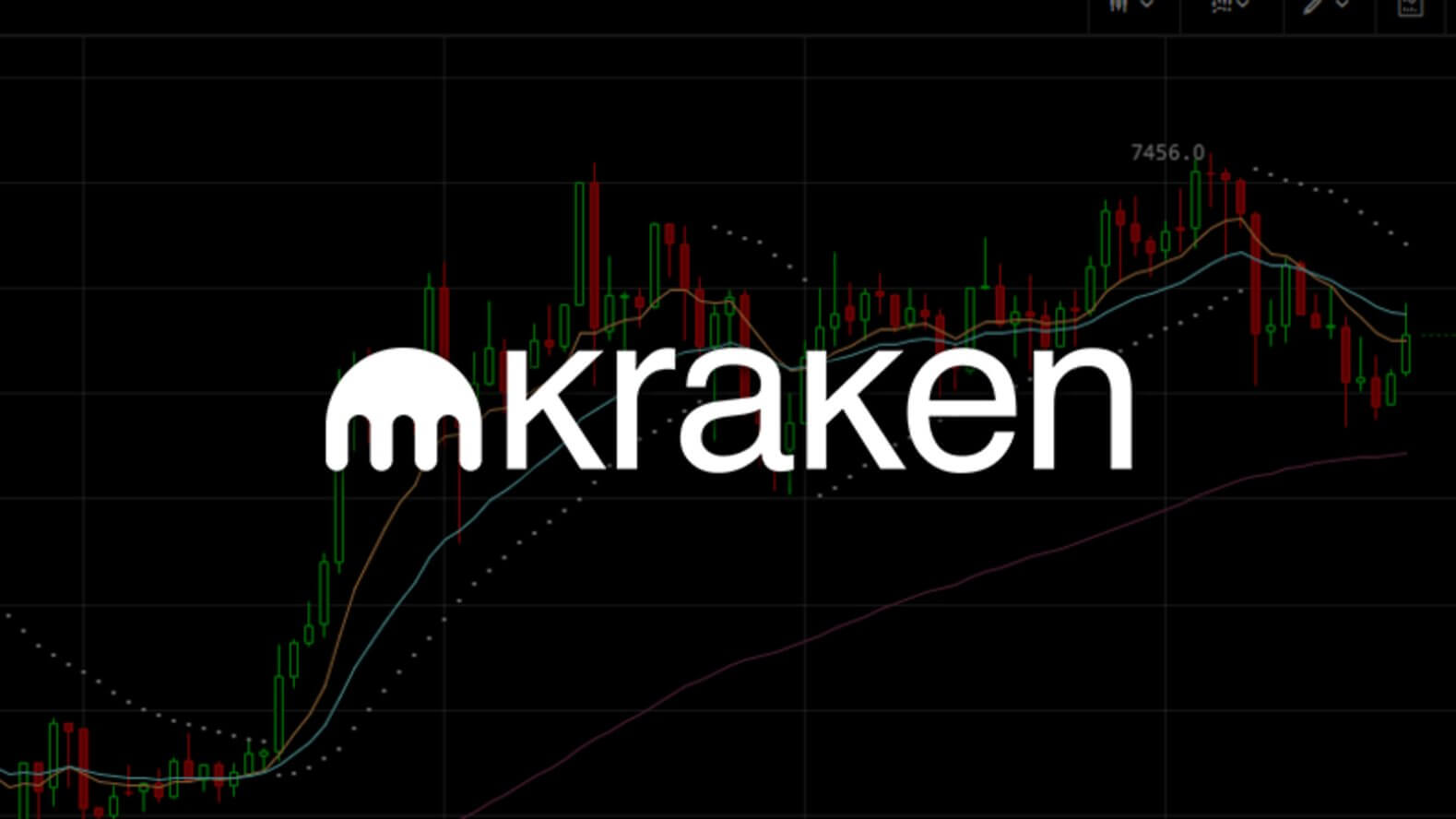Kraken to Launch its Own Blockchain in 2025
24.10.2024 17:00 2 min. read Alexander Stefanov
Kraken, one of the earliest cryptocurrency exchanges, is poised to debut its own blockchain network, called Ink, in 2025.
Ink will reportedly enable users to trade, borrow and lend tokens directly on the chain using decentralized protocols for a smoother experience.
Inspired by the success of Coinbase’s Base network, which launches in 2023, Kraken’s Ink aims to position itself as a leading player in the DeFi space. The network will use technology similar to that of Base, offering improved scalability and efficiency.
Developers will have access to a test network in 2024, allowing them to create and experiment with apps before the official launch.
Following the path of exchanges such as Binance and Coinbase, Kraken’s network is expected to increase revenue and transaction volume on the platform.
According to market watchers, a launch in early 2025 will likely further establish Kraken’s presence in the rapidly evolving landscape of the DeFi sector, as more platforms seek to create their own blockchains, in order to remain competitive.
Ink is built on Optimism’s OP Stack, joining the Ethereum ecosystem and benefiting from the network’s robust security. As part of Superchain, Ink contributes to a unified network of chains that share governance, security and scalability, enhancing the ETH ecosystem.
For developers, Ink provides a comprehensive support system including documentation, technical assistance and financial support, providing a world-class environment for innovation.
To get started, users and developers can issue an NFT, join the Ink community on Discord, or request to participate in upcoming events such as the Ink DevJam at DevCon7 in Bangkok. With Ink, Kraken aims to change the future of finance by making the DeFi sector more accessible to everyone.
-
1
Top 10 blockchains by transaction volume in June 2025
06.07.2025 16:00 2 min. read -
2
Chainlink Partners With Westpac and Imperium to Tokenize Finance in Australia
17.07.2025 21:00 1 min. read -
3
German State-Owned Development Bank Issues €100 Million Blockchain Bond
11.07.2025 7:00 2 min. read -
4
Tether Ends Support for Five Blockchains in Infrastructure Shift
12.07.2025 11:30 2 min. read -
5
Cardano and Ethereum Lead in Developer Activity as GitHub Commits Surge
14.07.2025 12:00 1 min. read
Chainlink Partners With Westpac and Imperium to Tokenize Finance in Australia
Chainlink has announced a major institutional partnership with Westpac Institutional Bank and Imperium Markets as part of Project Acacia—a joint initiative involving the Reserve Bank of Australia and the Digital Finance Cooperative Research Centre (DFCRC).
BNB Chain Upgrades and Token Delistings Reshape Binance Ecosystem
Binance continues to refine its ecosystem in 2025, with major updates spanning performance upgrades, token listings and removals, and new token launches—all reinforcing its focus on scalability and innovation.
Ripple Powers UAE’s First Tokenized Real Estate Project via XRPL
Ripple has taken a major step in expanding its institutional digital asset infrastructure in the Middle East by partnering with Ctrl Alt to support Dubai’s first government-backed real estate tokenization initiative.
Cardano and Ethereum Lead in Developer Activity as GitHub Commits Surge
Recent GitHub data reveals which blockchain ecosystems and individual projects attracted the most developer attention last week—a key signal of long-term project strength.
-
1
Top 10 blockchains by transaction volume in June 2025
06.07.2025 16:00 2 min. read -
2
Chainlink Partners With Westpac and Imperium to Tokenize Finance in Australia
17.07.2025 21:00 1 min. read -
3
German State-Owned Development Bank Issues €100 Million Blockchain Bond
11.07.2025 7:00 2 min. read -
4
Tether Ends Support for Five Blockchains in Infrastructure Shift
12.07.2025 11:30 2 min. read -
5
Cardano and Ethereum Lead in Developer Activity as GitHub Commits Surge
14.07.2025 12:00 1 min. read


